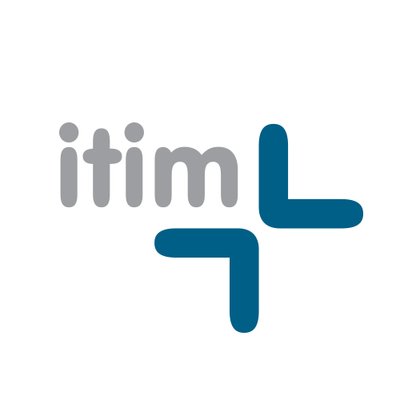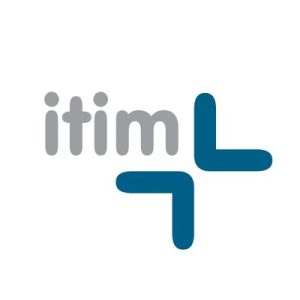Reaching any midpoint, whether it’s during an ultra-marathon to catch one’s breath before gearing up for the next stretch, or for a project team reflecting on their progress and making necessary modifications, is all about positioning for success. Similarly, a mid-year retail check-in provides valuable insights into the latest developments shaping how retailers connect with consumers and drive innovation in the second half of the year.
The first half of the year has been dominated by the continued rise of ecommerce, the integration of online and offline shopping, sustainability initiatives, contactless and convenient payment options, price-sensitive strategies, and efforts to build customer loyalty. Additionally, the broader classification of consumers is evolving yet again. In 2023, the focus was on the resilient consumer, but 2024 is shaping up to be the year of the empowered consumer. According to Mastercard Data & Services (May 2024), despite challenges like rising interest rates, inflation, and the threat of recession, consumers spent confidently in 2023. However, this year, consumers are prioritizing their resources more carefully, seeking deals and discounts to balance their household budgets. Technology is playing a significant role in bringing innovation and efficiency to both retailers and consumers, reflecting a shift towards a customer-centric and digitally driven retail landscape.
Mike Smollan, Chief Growth Officer at Smollan, noted the rapid changes in retail, highlighting how global brands are enhancing their integration experiences for consumers. In South Africa, for example, 61% of Gen Zs rely on social media influencers for shopping information, as reported by Trade Intelligence. Meeting consumers wherever, whenever, and however they prefer to shop, while embracing the shift to empowered consumerism, is crucial.
Global retail examples illustrate these shifting dynamics on a larger scale. Walmart, despite little store growth, has maintained its top ranking with a robust online marketplace and new financial resources for shoppers. Costco expanded its warehouse format to several countries, and Ikea reinvented itself by opening smaller-format stores worldwide. Ecommerce continues to grow, with Temu reaching over $5 billion in sales just one year after launch and its app downloaded over 52 million times as of May.
Closer to home, Shoprite South Africa has adapted in 2024 to meet customer demands for more promotions, combo deals, and collective buying, with a noted shift to private labels. They have expanded premium stores, on-demand delivery services, and ventured into mobile services and financial offerings. Tech Safari reports that Amazon’s entry into South Africa in May has sparked a possible pricing war, benefiting consumers with faster deliveries, more products, and better support. In response, Takealot launched a free delivery service with a monthly subscription.
Retailers must anticipate, experiment, adapt, and satisfy consumers’ needs even before they are aware of them. Forbes identifies four evolving trends for the second half of the year: sustainability, AI, personalized communication, and social commerce. Customers demand proof of eco-friendly practices and are wary of greenwashing. Retailers need to use AI to improve efficiencies while maintaining a human touch. Personalized communication tailored to consumers’ purchasing behavior is essential, shifting from transactional to empathetic messages. Finally, social commerce and creator economies are growing, with 37% of consumers trusting influencers more than brands, leading to more storytelling on social platforms that conclude with a commerce moment.
itim Group plc (LON:ITIM) is a SaaS-based technology company that enables store-based retailers to optimise their businesses to improve financial performance and effectively compete with online competitors. Itim adds retail value by helping multi-channel retailers optimise their business and their stores to improve financial performance and compete more effectively with the “Amazons”.


